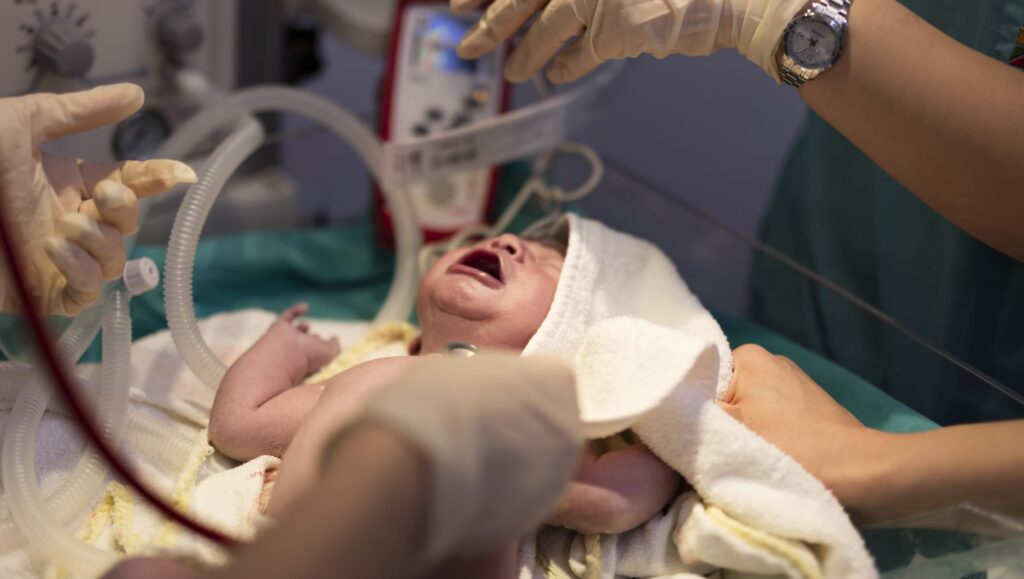1. What are the next steps?
We are in the process of negotiating a Final Settlement Agreement (FSA) based on the Agreement in Principle (AIP) already reached with Canada. The AIP is a legally binding document signed by the parties. It sets out a broad outline of the legal consequences of this class action lawsuit. It describes how the claims process is to work. You can read the AIP on our website www.lgbtpurge.com. If you do not have access to the internet, please contact a member of our plaintiffs’ counsel team and we will mail you a hard copy.
The FSA is intended to provide more detail regarding the procedural aspects of the settlement. Once the FSA has been finalized, we will begin the process of notifying class members of the settlement pursuant to a court approved notice program. This will include notifying class members oftheir right to “opt out” of the settlement. No one is obligated to participate in the FSA. Once class members have an opportunity to see the FSA, class members will have a set amount of time to withdraw by opting out.
A hearing has been scheduled for March 9, 2018 at 9:30 a.m. before the Federal Court in Montreal to approve the notice program.
A hearing has been scheduled for June 18 & 19, 2018 at 9:30 a.m. before the Federal Court in Ottawa for consent certification and approval of the settlement.
2. What happens if I opt out?
Any class member who opts out of the FSA will not be entitled to receive anything under the FSA.
The representative plaintiffs and class counsel believe that the settlement is fair and reasonable and that the benefits of the settlement far outweigh the risks of continuing the litigation, or of opting out to pursue an individual, private lawsuit against Canada. Class members are encouraged to seek independent legal advice before contemplating an optout.
3. What happens if more than 250 people opt out of the settlement?
If more than 250 people opt out of the settlement, Canada is entitled to withdraw from the deal. Canada is under no obligation to return to the negotiating table. The representative plaintiffs and their legal team believe that the AIP represents the best possible deal that could have been obtained from Canada. If the FSA is not approved, the class action may continue. In that case, the process could take many years to resolve and there is no guarantee of success. In particular, if the case proceeds to a trial, we expect that Canada will defend that action based on certain legal defences that are available to Canada.
These legal defences have nothing to do with the merits of the case but are always available to Canada in every case brought against it. These defences include section 9 of the Crown Liability and Proceedings Act and the limitation or prescription defence.
4. What is the Crown Liability and Proceedings Act and what impact could it have on the LGBT Purge Class Action?
The CLPA establishes particular rules for civil suits against the federal government. In particular, s.9 of the CLPA provides that no civil proceedings can be brought against the federal government if a pension or compensation either “has been paid” or “is payable” from any funds administered by Canada for the injury, damage or loss in respect of which the claim is made.
If the FSA is not approved and this action proceeds to a trial on the merits, Canada could raise a s.9 defence with respect to every claimant who could apply for a pension through Veteran’s Affairs Canada (“VAC”), regardless of whether that person has actually applied. If this defence were to succeed, it would mean that all veterans in our class action would receive nothing.
5. If I have received compensation from VAC, am I still eligible to receive compensation under this settlement?
Yes. If you have received compensation from VAC, you are still eligible to receive compensation under levels 1-3 of the settlement.
This is a very important part of the AIP. Even though section 9 of the CLPA would normally prevent you from receiving any benefits on top of your VAC benefits, under this AIP you can get some of both. Amounts you have received from VAC are taken into account at level 4 only. There is no reduction for VAC benefits received at levels 1 to 3. Depending on the amount you have received from VAC, you may still be eligible for additional level 4 compensation.
Here are a couple of simple hypothetical examples:
Marie was forced to resign from the army for being a lesbian. She did not suffer any other serious consequences. Under the AIP, Marie would be eligible to receive $50,000 plus the non-monetary benefits. She would also be entitled to apply for VAC benefits.
Robert was fired from External Affairs for being gay. He suffers from PTSD. Robert would be able to eligible to apply for the level 3 benefits, plus benefits at level 4. Since he never served in the CAF, Robert is ineligible for VAC benefits.
Diane was fired from the navy for being a lesbian. She suffers from PTSD. She applied to VAC for benefits, and was awarded $200,000 for her disability. Diane is eligible to receive $50,000 plus the non-monetary benefits. Although she would have been eligible for level 4 benefits, since the amount she has already received ($200,000 from VAC) exceeds the amount available for PTSD under the settlement, she will not receive any amounts for her level 4 injuries. Diane would therefore potentially receive $250,000. If Diane opts out of the class action, she keeps her $200,000 but does not get $50,000. She can then try to bring an action against Canada herself to get more, but section 9 of CLPA may bar her claim.
6. Why are amounts received from VAC being set off against amounts under level 4 of the settlement?
It is a basic legal principle that a plaintiff can only be compensated for the same injury once. Level 4 aims to compensate claimants for physical or psychological effects of the Purge, or for the effects of physical or sexual assault in connection with the Purge. To the extent that the Purge is the service-related injury at the base of a VAC pension that a claimant is already receiving, there is overlap between the amounts a claimant has received through VAC and the amounts that are payable through level 4. The settlement aims to deal with this in a fair way by setting off amounts received from VAC against amounts available under level 4.
Claimants are not required to go through VAC first in order to be eligible to apply forcompensation under level 4. A claimant who receives compensation under level 4 can still apply to VAC. Additional amounts over and above the amounts available under level 4 may be payable through VAC. However, no one can be compensated twice for the same injury. This is a normal feature of any settlement. It may be a better outcome than would be possible at trial, because section 9 of the CLPA could mean that any veteran eligible for any VAC benefit could receive nothing.
7. What is a limitation or prescription period?
Every province in Canada imposes a time limit for bringing civil claims. While there are exceptions and arguments to be made in particular cases, in general, a civil claim must be brought within 3 years in Quebec, and within 2 years in Ontario. If this action proceeds to a trial on the merits, Canada may raise a limitations or prescription defence that in theory could block the entire claim of everyone covered by this AIP. If the FSA is not approved, individual trials for each claimant on this issue might also be ordered, which could add even more years and expense to the process.
8. Who will determine how much I receive?
An independent administrator will be appointed to process all claims. We are in the process of considering potential candidates form among the various professional class action administration firms. The administrator will be assisted by an assessor or assessors who will evaluate claims at least at level 4. The assessor is likely to be a retired judge.
9. When will I know how much I am going to receive?
The independent administrator, aided by the assessor, will decide how much each eligible claimant is entitled to received, in accordance with the FSA. The decision will not be made by Canada or by class counsel. Class counsel will be available to assist you in filling out your claim at no extra cost to you.
10. How much will I have to pay in legal fees?
Under the AIP, Canada has agreed to pay all of class counsel’s legal fees. This is a substantial benefit to every class member. Normally in class actions, class members pay a percentage of any recovery to the class action legal team. If the FSA is not approved, it is likely that any future recovery for class members will be reduced by a percentage for legal fees. You are responsible for any legal fees for your own legal counsel outside of the class action legal team.
11. Do I need to do anything now?
There is nothing you need to do at the moment. Once the Federal Court approves the definition of the class, everyone who falls into that definition will automatically become part of the class, unless they make the decision to opt out. Information about the claims process will be circulated publicly after the settlement is formally approved. However, we strongly encourage you to contact class counsel and provide your name, contact information, and basic information about what happened to you so that we can keep you up to date on any developments going forward. Giving us this information will also facilitate the notice and claims process once the settlement is approved. Any information you provide to class counsel will remain confidential and will not be shared with Canada without your consent.
***










